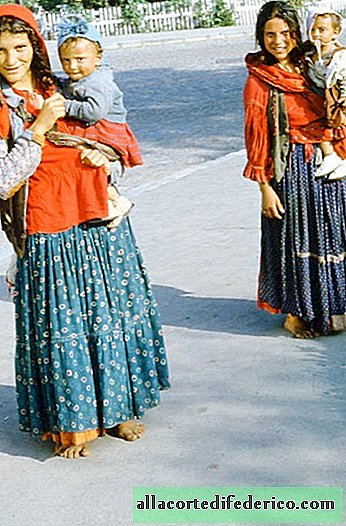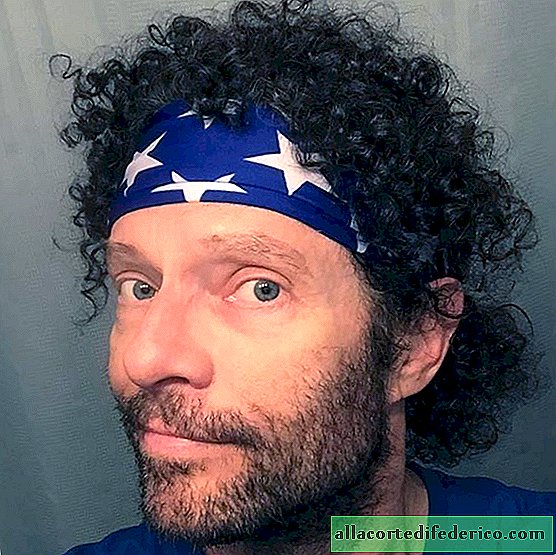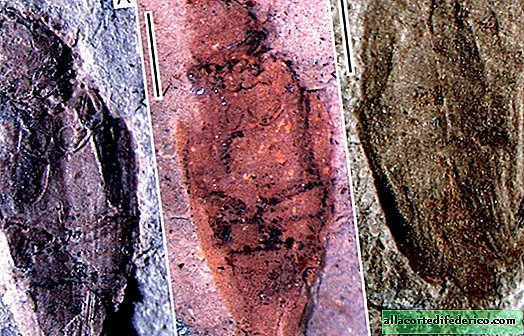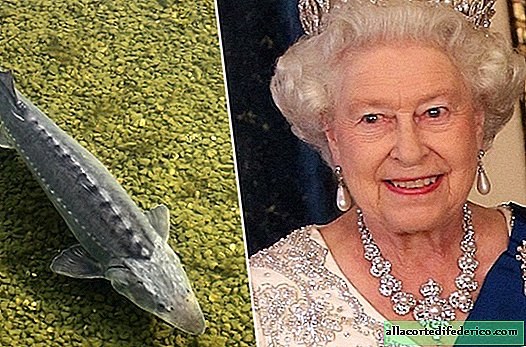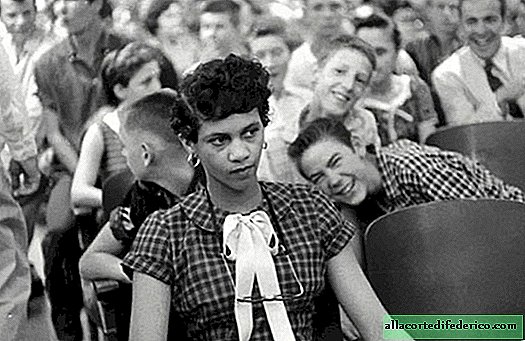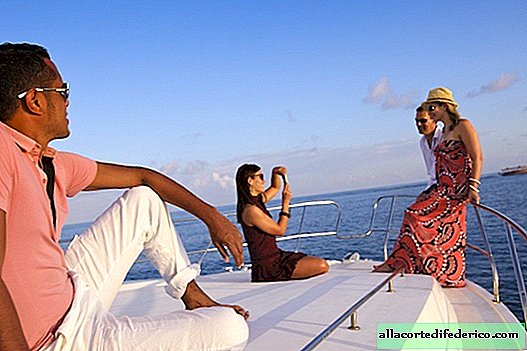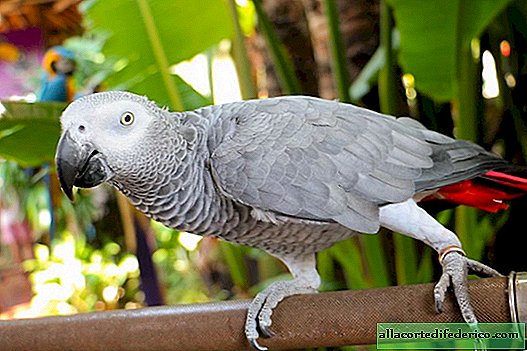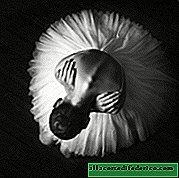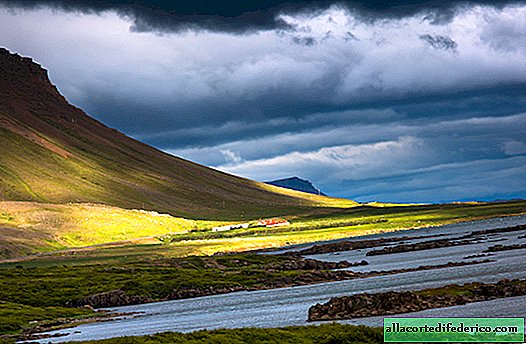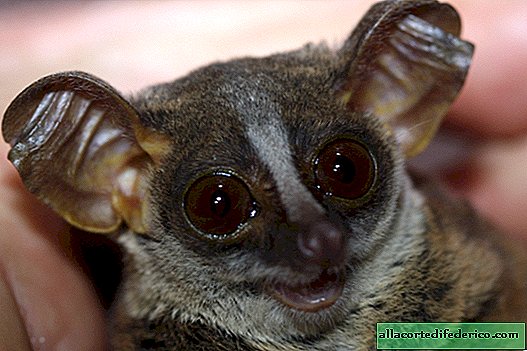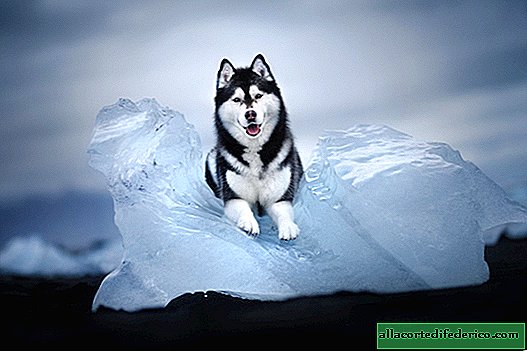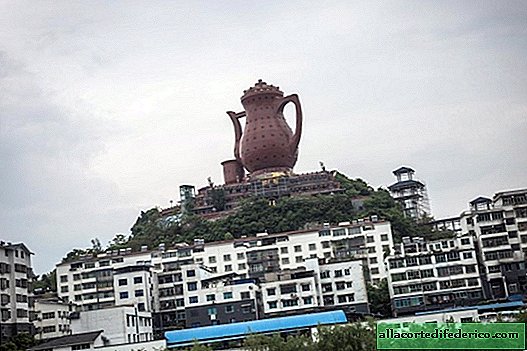Kuramathi Maldives - a dream resort for those interested in the underwater world
Kuramathi Maldives - an extensive exposition of the island museum
Kuramathi Maldives Resort Island is the largest island resort in the Maldives. The island is an hour and a half away by speed boat from the international airport in Male. However, you can get to the island much faster. On a seaplane.

The length of the island is more than a kilometer. It is not surprising that Kuramathi Maldives is one of the few in the Maldives where there is "public transport", a multi-seat buggy "bus", which can accommodate up to 12 passengers - guests of the island resort.
A special attraction of Kuramathi Maldives is a museum with a fairly extensive exposure. The museum features exhibits telling about the history of the Maldives, the features of flora and fauna. Exhibits talk about the difficult life of the islanders before the era of tourism came to the islands.
Today, the Maldives is experiencing a civilizational boom. There is a stable connection, television. There are no problems with drinking water on the islands. On most islands where the indigenous population lives, there is even light. And it is impossible to imagine how the Maldivians lived 30-40 years ago. The Kuramathi Maldives Museum presents simple household items that show the ingenuity of people cut off by the ocean not only from the continent, but also from neighboring islands. A quarter of a century ago, a 5-6 km trip between the islands lasted half a day, because the inhabitants of the islands traveled mainly in boats with weak diesel engines.

Guests at Kuramathi Maldives are amazed that the era of television and mobile communications came to the Maldives just ten years ago. Around the same time, the Maldivians learned to desalinate water in an industrial way. But still on remote Maldivian attoles, the only means of communication is radio.
Kuramathi Maldives Museum is never empty. As a rule, hotel guests visit the museum on the second day of their stay. The museum exhibits a giant, more than 10 meters, skeleton of a whale.
At the Kuramathi Maldives Museum, most of the exposition is dedicated to modern environmental programs that the hotel team runs to maintain house reefs and their inhabitants. Interesting informative events are held here with hotel guests, in which the employees of the island ecology center Eco tell how beautiful and fragile the nature of the Maldivian atolls is.
Submarine in Kuramathi Maldives
The other day at Kuramathi Maldives, we prepared a surprise for our guests. Now a real bright red submarine will depart from the main pier of the island-hotel twice a week, on which at the same time 12 guests of the hotel will be able to take tireless underwater excursions, diving to the coral reefs of the Indian Ocean. The ten-meter submarine meets all safety standards.
The Kuramathi Maldives team believes that not all hotel guests will be able to embark on an extreme trip to the coral gardens located near the hotel as a divers team. And not all hotel guests feel so confident in the water that they can consider the life of the inhabitants of coral reefs, armed with a mask and snorkel. Among the guests of Kuramathi Maldives are many families with children. Therefore, for safe excursions in the submarine, the most beautiful places of the atoll are chosen - the same "points" that are used for diving and snorkeling. Even the smallest traveler can now get acquainted with a real shark, manta rays and huge ocean turtles, sitting with his mother at the porthole.
Note that in Kuramathi Maldives offer young guests a rich children's program. The first lessons of snorkeling, landing corals, playing pirates. A huge aviary with parrots adjoins the children's club of the hotel.
Ocean Safari at Kuramathi Maldives
An exciting two-hour ocean snorkeling excursion to the Kuramathi Maldives resort island will now take place around the coral reefs of Madivaru and Rasdhoo islands. Maldivians often call these islands picnic island. There are turquoise lagoons, excellent underwater coral gardens and many marine life.
Shoals of colorful fish crumble into thousands of inflorescences as stingrays and ocean turtles approach. Kuramathi Maldives guests can watch flocks of small reef sharks. Experienced marine biologist instructors will show guests the habitats of lobsters and moray eels. All participants in the excursions will be introduced to stingrays and manta rays. The main attraction of coral reefs are giant schools of sea bass, parrot fish, angel fish and Napoleon fish. And of course, hundreds of vibrant Nemo fish guard their corals.

The island diving club has increased the number of biologists. Recently, hotel guests have become very curious and in the open water of the ocean often beat off from the main group. Therefore, the number of biology instructors has been increased at the rate of one instructor for the five Kuramathi Maldives guests participating in the snorkeling excursion. The instructor always closes the group of guests and is ready to answer any question asked him directly in the water.
Kuramathi Maldives - exciting reef excursions!
Key events in the life of divers and snorkelers, guests of the Kuramathi Maldives Hotel, take place in the island diving club Rasdhoo Divers, next to which is the environmental center for the study and conservation of coral and ocean fauna Eco Center Kuramathi.
At the first introductory lecture at Rasdhoo Divers, ecologists from the Eco Center will tell all newly arrived guests about the rules of behavior around corals, will tell about the main inhabitants of the house reef and will give instructions on the rules of behavior in water.
A long pontoon leaves the ocean right from Rasdhoo Divers Diving Club, where Kuramathi guests, accompanied by environmentalists, go on their first “ocean trip” to explore the home coral reef.
Right next to the pontoon at the edge of the coral reef, they will have the first acquaintance with the yellow-sharks. The dimensions of each shark inspire respect - more than one and a half meters. However, in the daytime, sharks ignore people swimming above them in masks with snorkels. Most sharks rest at the bottom at a depth of about 10 meters.
Thanks to the clear water of the lagoon, sharks can be clearly seen. But diving towards them and touching sharks by their tails and fins is not recommended. Sharks from the intrusive attention of guests can migrate to the other end of the island, where there are fewer swimmers.
Right at the descent from the pontoon, you can see huge ocean turtles that swim close enough to people. Such “courage” of marine animals is based on the fact that biologists speaking at the first introductory lecture strongly recommend not touching the turtles, touching their shell, fins, heads. There are plenty of turtles near Kuramathi's house reef. During their vacation, guests will more than once meet these huge creatures at any point on the entrance to the lagoon.
Near the home coral reef there are many species of small colored fish. Nemo fish stand out especially, which can be watched literally for hours. Among large species - an abundance of parrot fish, Napoleon, barracuda, ocean bass, tuna. Surgeon fish and squid flocks. Often you can find lobsters. Colorful Kuramathi Maldives guests are attracted by colorful octopuses and moray eels, who stick their heads out of their daytime underwater shelters in coral troughs.
All biologists at Kuramathi Diving Center are free of charge. To the delight of guests - a frequent screening of films about the inhabitants of the house reef and fascinating stories about the life of representatives of the flora and fauna of the Indian Ocean. You can also inquire about all kinds of fish that you just saw while exploring the coral underwater gardens of Kuramathi Home Reef at Island Eco Center.
Kuramathi Maldives cleaned the lagoon surrounding the island-hotel
Kuramathi Maldives Maldives organizes a lagoon cleaning in the middle of which is an island hotel. A team of volunteers from among the guests of the hotel on kayaks and scuba divers from the diving club of the hotel were engaged in cleaning the bottom of the lagoon from ocean debris that is deposited by seasonal currents in the Indian Ocean.
The event was hosted by the Eco Center and Aqua Sports & Fun of Kuramathi Island Hotel. Garbage collection, which consisted of non-decomposable waste, such as metal objects, plastic bottles and their caps, tin cans, scraps of fishing nets, took place with spectacular lighting at 9 feet. With great effort, volunteers were able to remove even the metal frame of the boat, which rested at the bottom. They took half a day for this operation.
Fearless volunteers later celebrated their hard work on Kuramathi Maldives Beach with fresh coconut toast. This promotion deserves respect, as the Kuramathi hotel team strives to keep the island in perfect condition.
Snorkeling Safari at Kuramathi Maldives
Kuramathi Maldives offers a daily Maldivian snorkeling safari on a home coral reef with access to neighboring islands. The tireless boat trip of Kuramathi Maldives Diving Club is full of adventure from the start.
Guests at Kuramathi Maldives are instructed by the hotel's diving club in the clear water, huge schools of colorful fish swimming past the boats. Reef Sharks. Flocks of dolphins that live near the coastline of Kuramathi Maldives.
The descent into the water is designed for inexperienced swimmers. Hotel guests descend into the water on a comfortable staircase that members of the Kuramathi Maldives diving club team install from the side of the boat. Masks and snorkeling is supervised by experienced instructors at the rate of one instructor for five hotel guests. Instructors offer all inexperienced swimmers to wear life jackets.

During a snorkeling safari, two boat stops occur. At the Kuramathi Maldives home reef and at the reef of a neighboring uninhabited island. Hotel guests can see and capture turtles, octopuses, small reef sharks, huge multi-colored parrot fish on their cameras. Lobsters and large shrimp live on the reefs. Many guests note in their reviews of the hotel that hundreds of species of Indian Ocean fauna live in reef underwater gardens in the coastal waters of Kuramathi Maldives.
Coral reefs around Kuramathi Maldives are famous in the Maldives. Kuramathi Maldives diving club team members strive to create a sense of celebration for all participants in the snorkeling safari. Instructors are always ready to help hotel guests in the photo and video shooting of the inhabitants of the ocean. The guests pass their cameras to the instructors and those diving into the depths make unique close-up shots. Your video collection will include moray eels, turtles, octopuses, lobsters and an abundance of exotic fish.
Safe Diving at Kuramathi Maldives
Scuba diving has earned millions of fans. Diving beckons exotic. However, experienced scuba divers know perfectly well that scuba diving is fraught with poisoning by gases that enter the respiratory mixture.
On earth, people breathe air. But the "air" in the cylinders is a chemical compound of gases that in no way manifest themselves in everyday life. However, at depth, they can play a fatal role and lead to a tragic outcome.
One of these gases is nitrogen. It is nitrogen in violation of the technology of immersion, or too fast ascent is the most dangerous for swimmers. At a depth of more than 40 meters, this gas introduces many scuba divers into "narcotic" euphoria. Experienced divers call this condition "euphoria of the abyss."
In fact, this is an injury to the body caused by the fact that at the depths of the swimmer’s cells they can’t cope with nitrogen processing. A person in this condition can make many mistakes that can lead to serious consequences. Experienced experts in diving believe that it is the euphoria caused by poor absorption of nitrogen that can lead to the swimmer holding his breath while floating from fairly serious depths. Nitrogen poisoning leads to serious barotrauma, which can only be cured in a pressure chamber under the supervision of experienced physicians.
That is why 17 years ago, when diving began to develop in large numbers in the Maldives, Kuramathi Medical opened a joint venture with Universal Enterprises Pvt Ltd, Maldives and the German Martin Luther Galle University.
One of the main directions in the Medical Center is a hyperbaric or decompression chamber. Built in accordance with technical standards (DIN), this camera is used to treat diseases that may occur during a dive. For example, decompression sickness and decompression.
This is the largest decompression chamber in the Maldives. It accommodates 6 people. The camera is also available for hyperbaric oxygen treatment (HBO) and the treatment of other diseases that divers encounter in emergency situations, when at a depth of over 45-50 meters, the swimmer's body can not cope with the removal of carbon dioxide from the blood.
The pressure chamber is equipped with modern diagnostic devices for taking a cardiogram, X-ray examination, ultrasound scanning. The pressure chamber is equipped with a Doppler defibrillator. Two German doctors work at the clinic. One of them is a specialist in emergency situations in the field of diving and emergency medicine, and the other is a general practitioner. A nurse and a camera operator support doctors at work. The clinic also takes care of the Kuramathi Maldives team of divers. Inspections are held daily for all hotel guests who decide to master scuba diving.

